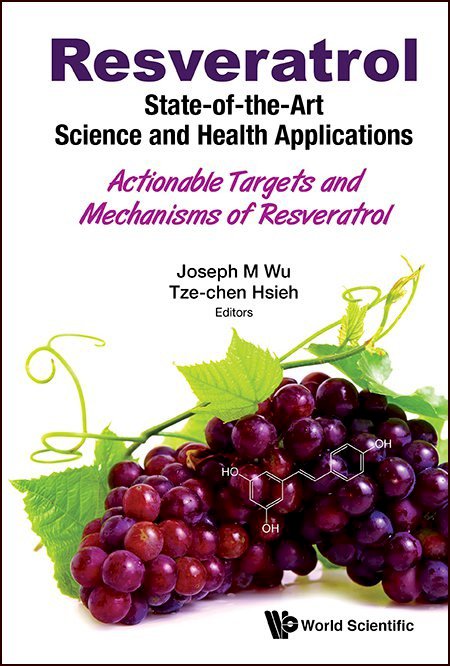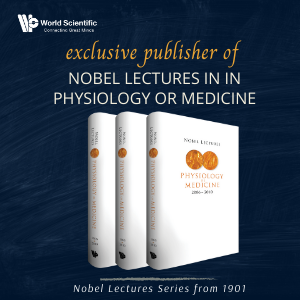System Upgrade on Tue, May 28th, 2024 at 2am (EDT)
Existing users will be able to log into the site and access content. However, E-commerce and registration of new users may not be available for up to 12 hours.For online purchase, please visit us again. Contact us at customercare@wspc.com for any enquiries.
Resveratrol is a structurally simple, grape-derived polyphenol with seemingly boundless biological activities. The Editors have assembled a group of renowned scientists who have illustrious careers and lifelong passions for studies of this compound. Each chapter covers topics using published and, at times, unpublished data to provide scholarly and comprehensive reviews and perspectives. Several areas with basic clinical and public health interests are highlighted. The book is intended to serve as a text and reference covering recent research findings and clinical applications in the field.
The content is presented in several parts: mechanistic leads provided by laboratory studies of resveratrol; cellular and molecular targets of resveratrol; modulation of disease states by resveratrol; virtual leads and drug discovery.
Sample Chapter(s)
Preface
Chapter 1: Unraveling and Trailblazing Cardioprotection by Resveratrol
Contents:
- Unraveling and Trailblazing Cardioprotection by Resveratrol (Tze-chen Hsieh and Joseph M Wu)
- Interrogating and Mining Mechanisms and Targets of Chemoprevention by Resveratrol (Tze-chen Hsieh, Barbara B Doonan and Joseph M Wu)
- Resveratrol as an Activator or Inhibitor of Enzymes and Proteins (Avinash Kumar, Eun-Jung Park and John M Pezzuto)
- Roles of Resveratrol as Signaling Sensor and Gatekeeper (Ya-Jung Shih, Yi-Ru Chen, Kuan Wang, Jacqueline Whang-Peng, Heng-Yuan Tang, Hung-Yun Lin and Paul J Davis)
- Control of AKT Survival Kinase Activation/Function by Resveratrol and Its Target Protein NQO2 (Tze-chen Hsieh and Joseph M Wu)
- The Effects of Resveratrol and Its Analogues on the Sirt5-GLS Axis-Mediated Glutamine Metabolic Reprogramming in Cancer Cells (Tze-chen Hsieh, Jaysen Zhang, Dylan J Bennett, John M Pezzuto, Mark Cushman and Joseph M Wu)
- Resveratrol and Cancer Cell Biology (Chandra K Singh, Gagan Chhabra and Nihal Ahmad)
- A Link Between Immunity and Inflammation: Actionable Targets of Resveratrol (Dominique Delmas, Emeric Limagne, Anne Vejux, François Ghiringhelli and Virginie Aires)
- Resveratrol: A Therapeutic Tool Against Age Related Lung Diseases (Cecilia G Sanchez)
- Resveratrol and Aging (Sergio D Paredes, Lisa Rancan, M Cruz García, Elena Vara and Jesús A F Tresguerres)
- Resveratrol and Advancing Virtual Drug Discovery (Amanda H Pham, Mark Phillips and Zhong-Ru Xie)
- Evolution from Gene to Gene Network: Using Bioinformatics to Gain Insights into the Chemopreventive Mechanism of Resveratrol (Evelien Schaafsma, John T Pinto, Joseph Garvey, Radha Garvey, Joseph M Wu and Tze-chen Hsieh)
Readership: Resveratrol researchers, nutritional scientists, healthcare professionals, integrative medicine professionals, government regulatory agencies, biotech and pharmaceutical companies, patients interested in using resveratrol to manage a variety of diseases.























